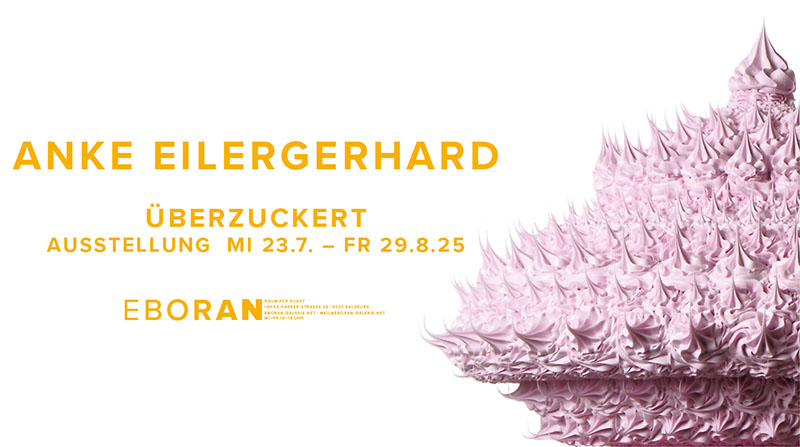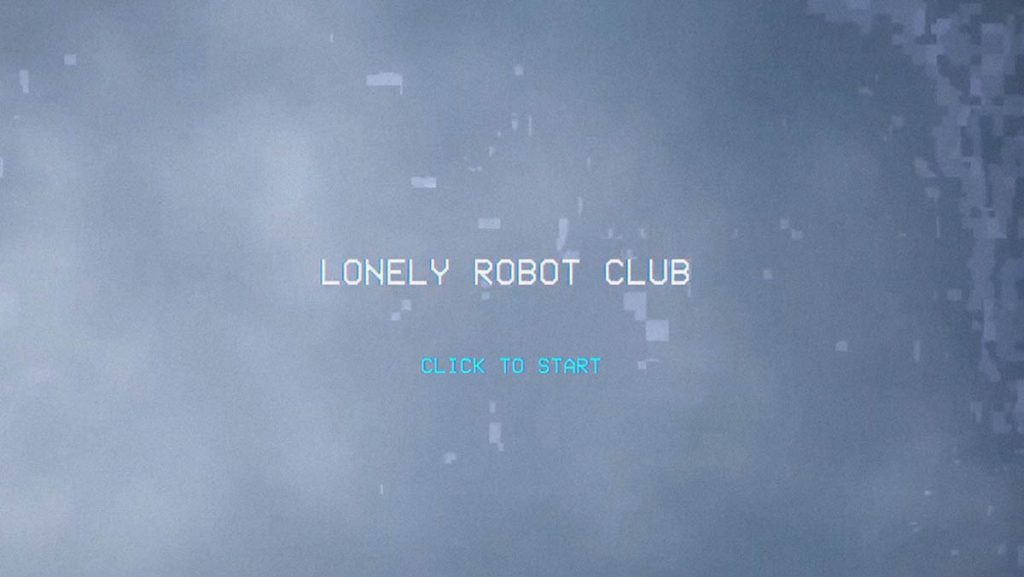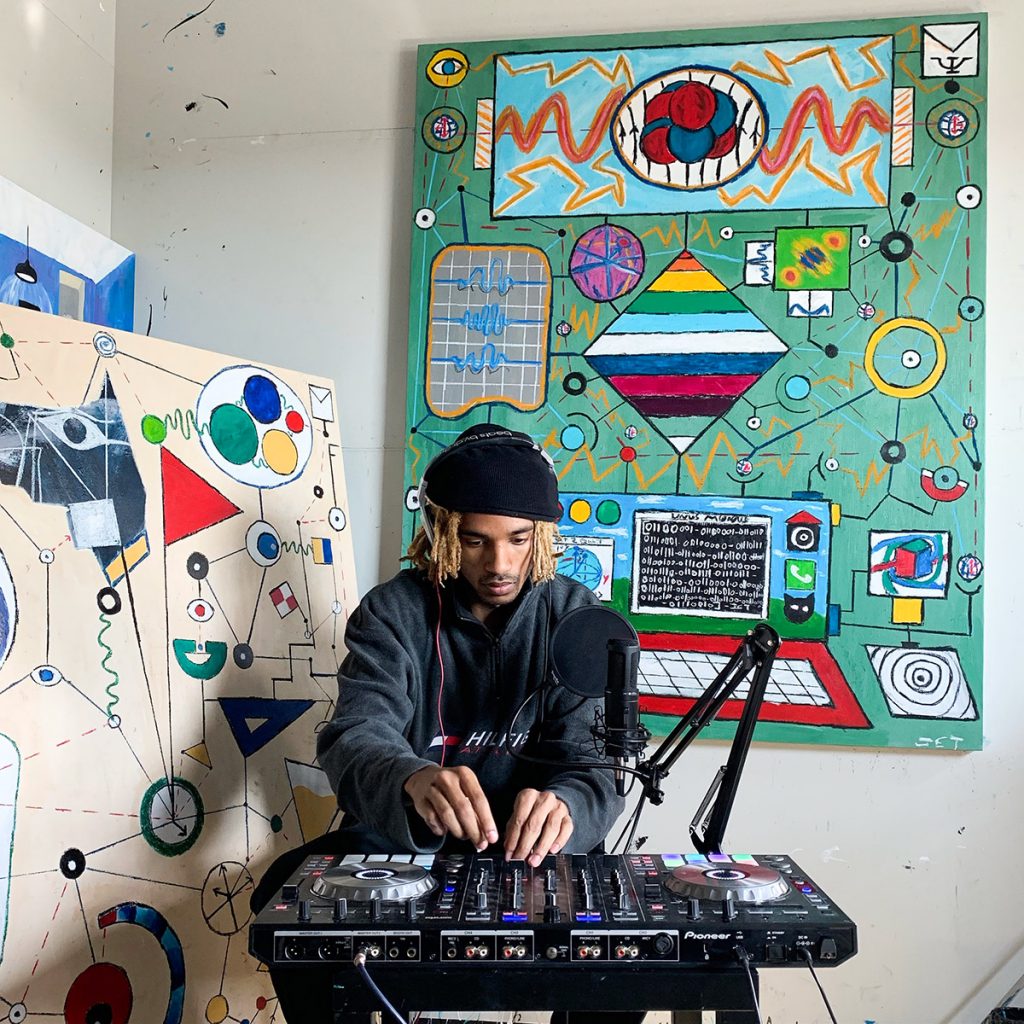
When and how did you start making art?
My interest in art is kind of intertwined with my childhood. I grew up in a relatively religious area in the States. The norm was to sort of accepting your fate undoubtedly – it’s all part of divine purpose. With this as the standard naturally, there were not many people questioning the nature of reality, the foundation of their identity, the higher structures governing their day-to-day, etc. As a questioning child, I constantly found myself as one of the “odd ones out” so I kept to myself. My family allowed my brother and me to be „free-minded” as long as we did well in school, so I fell into alignment. I did alright in classes and played sports like everyone else and eventually, I found myself in Philadelphia, playing baseball at the University of Pennsylvania.
After a year of following a traditional path and studying economics, I felt unfulfilled and began reevaluating some of the ideas that I had repressed over the years.
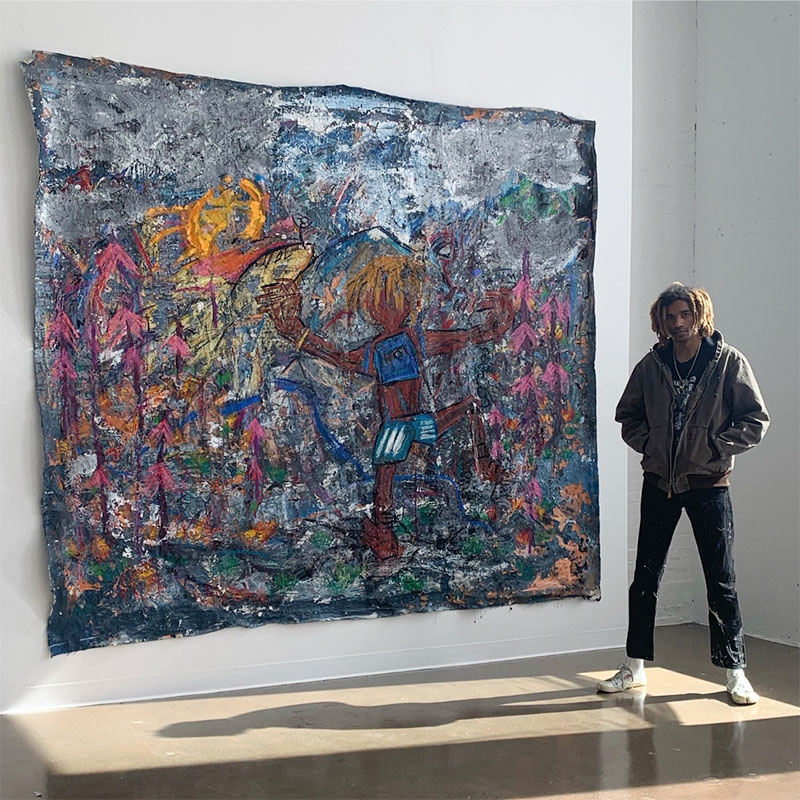
After a year of following a traditional path and studying economics, I felt unfulfilled and began reevaluating some of the ideas that I had repressed over the years. I changed my plan to go down a scholastic track in philosophy to explore these questions, but I soon found academia to be a bit restrictive and cut-off from the rest of the world. Thus, I tried looking for answers through experimenting with other avenues which seemed to offer glimpses into a new perception around these ideas.
However, rather than arriving to something tangible and conclusive, I reached a point as to where I could no longer express what I wished to express through words – everything became more referential oriented, things became elusive, thoughts were beyond my understanding and the language I was familiar with seemed like it could only scratch the surface of what I was reaching for. I tried to explain it all to myself but I couldn’t find the words – so (naturally) I tried to find other people who may have them. This is when I began looking into philosophical texts, origin mythologies, modern psychology, the theoretical sciences, accounts of mathematicians, works of mystics, collections of history, etc. I wanted to find some trace of objective answers to it all, some chain of associations that put it all together, but I needed a way of doing it in a holistic manner. This is when I picked up painting (roughly three years ago now). I didn’t have any idea or background in the practice because I never really went to museums or cared to as a kid, so I went to the PMA every day throughout the winter to try and figure out “the rules” of art. I soon felt at home with painting – it was perfect. Rather than for expression or aesthetic entertainment, painting became an attractive method for recording my thoughts. It allowed me to bridge the gaps between the hard information I found with my own phenomenal experience, and the pleasure arises from building these puzzles of sorts to capture it all.
How would you describe the essence of your work?
A big part of my work is making connections. For example, if I’m exploring a metaphysical idea such as hard determinism it aligns with subjective experiences, like synchronicity. I’d try to find a physical science account that supports the idea. The mythology that fits the phenomenon may be a psychologist’s account on delusions and ideas of reference which connects to the phenomenal qualities. A philosopher that has derived some arguments for and against the stance, such as Spinoza or Heraclitus, and maybe a poet or visionary that conveys the idea romantically enough in their work to help imagine a visual scene to create on canvas. I attempt to connect it all until I get something like this.
What do you enjoy most about your job?
I enjoy the freedom. It’s an escape from the traditional world which is kind of entertaining. I don’t really like the commercial element of it. I think that monetization fails the purpose – which feels inauthentic. Despite this, it’s almost a necessity for gaining value or validation in the eyes of the rest of the world, which is a necessity for being able to reach other people. Nonetheless, I have to participate to some extent, but as to what extent is in my hands.
I enjoy the freedom. It’s an escape from the traditional world which is kind of entertaining. I don’t really like the commercial element of it.
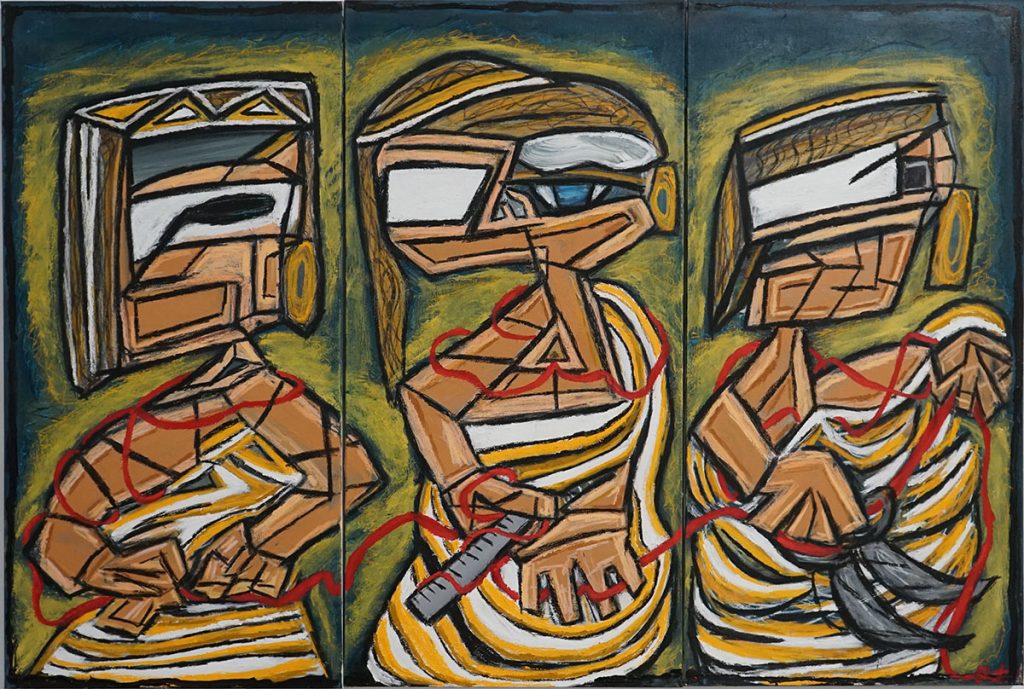
What are you currently working on?
Now that painting has become a relatively familiar process, I feel a bit more comfortable in my shoes. At least comfortable enough to try different things stylistically and medium wise. I’ve started experimenting more with film – I think that’s something I’ll try to play with next.
What are your plans for the future?
As of now, I do not really know. I’ve had the opportunity to show my work in shows and also digitally but after publicizing myself a bit more with the hope of connecting with others, I learned that most people are not too invested in trying to understand me, my ideas, or really anything outside of their individually constructed worlds. It seems as if publicity and romanticized fantasies govern how most people interact with both art and life. I don’t think I will necessarily find what I’m looking for in the eyes of others, for this reason, I do not see myself continuing to try to be understood, rather plan to focus more on myself. I’ll try to become more informed and coherent.
Jet Le Parti – www.instagram.com/jetleparti/



